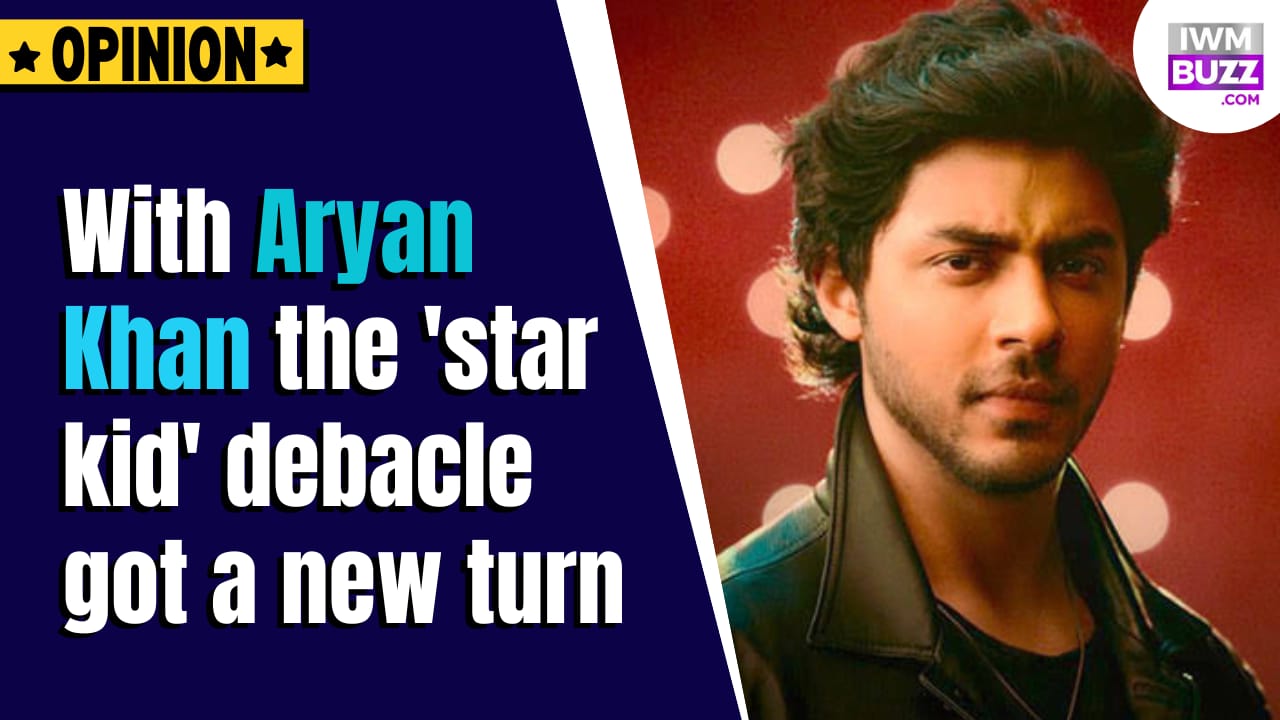The debate over nepotism has loomed large over Bollywood for years. Star kids are handed the industry on a silver platter—access, opportunity, and media glare from the moment they’re born. Their craft is often doubted, their success questioned, and their failures amplified. In this scrutiny, Aryan Khan’s directorial debut, The Ba*ds of Bollywood, arrives as both a product of privilege and a surprise of substance.
Let’s be honest. We watched it because he is Aryan Khan. Shah Rukh Khan’s son. Had this series been made by an unknown 27-year-old newcomer, it likely wouldn’t have reached a fraction of the audience. The buzz, the build-up, the media frenzy—it was the Khan surname that guaranteed attention. That’s the hard truth of stardom in India.
But here’s the twist. He delivered.
Aryan Khan didn’t just bask in legacy; he built something on it. With sharp storytelling, insider insight, and bold commentary, his series hooked viewers who came in sceptical but stayed curious. He used the best tools at his disposal, top-tier actors, industry access, a Netflix release—but he didn’t waste them. Instead, he proved that while privilege can open the door, what you do with it is what matters.

Contrast this with his sister, Suhana Khan. Her debut in The Archies had the same privilege, the same pedestal, but the reception was lukewarm. The audience didn’t connect. Not because of her last name, but because the craft didn’t land. Talent can’t be inherited. It must be honed, earned, and—most importantly—felt.
So, what are we really questioning—privilege or performance?
The industry will always have gatekeepers. Some enter through side doors; others are born inside the room. But Aryan’s debut shifts the conversation. Maybe it’s no longer enough to simply be a star kid. The audience has evolved. They may give you their attention once, but keeping it? That’s earned.
Aryan Khan may have started with every advantage, but The Ba*ds of Bollywood didn’t succeed just because of that. It succeeded because it had a pulse. A point of view. A vision. And it made even the harshest cynics look up and admit—this wasn’t just a product of legacy. It was the work of someone who understood what he had, and still chose to work for it.
Privilege might get you a head start. But talent? That’s the only thing that lasts.

